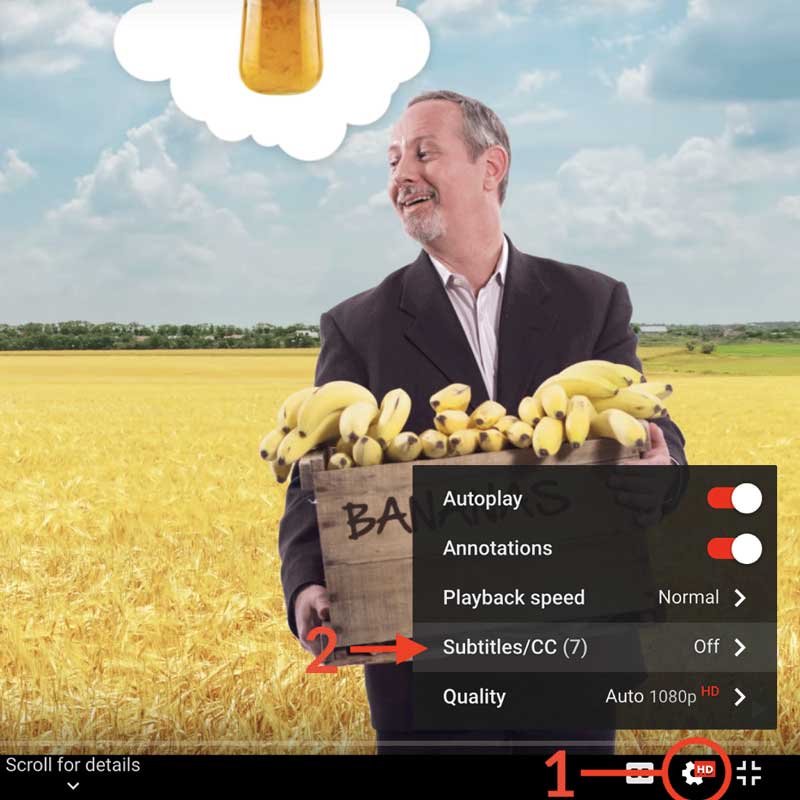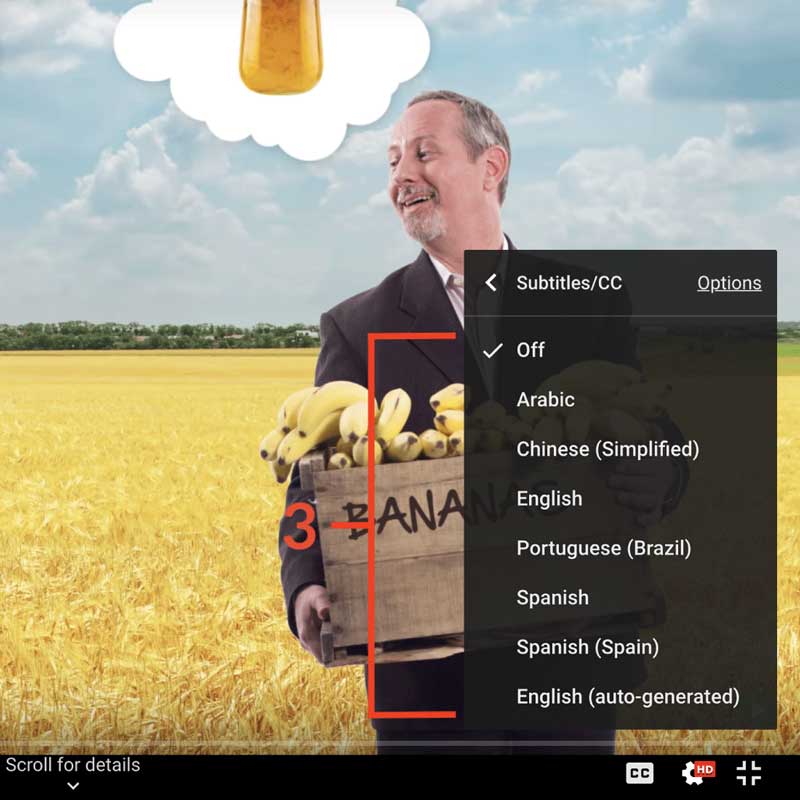Hayek on the Gold Standard and Commodity Reserve Currency
Course Outline
Hayek on the Gold Standard and Commodity Reserve Currency
This video covers Friedrich Hayek’s essay, “A Commodity Reserve Currency” which was published in 1943. Most of the world left the gold standard during World War II, culminating in a debate at the Bretton Woods Conference over what would replace it. In this essay, Hayek takes a look at monetary policy at the time. He discusses both the advantages and disadvantages of the gold standard, and looks at the possibility of a bundle of commodities as a replacement. This essay also demonstrates Hayek’s thorough understanding of and response to John Maynard Keynes’ argument against the gold standard.
Teacher Resources
Related to this course
See all Teacher Resources related to this course
Subtitles
Thanks to our awesome community of subtitle contributors, individual videos in this course might have additional languages. More info below on how to see which languages are available (and how to contribute more!).
How to turn on captions and select a language:
- Click the settings icon (⚙) at the bottom of the video screen.
- Click Subtitles/CC.
- Select a language.


Contribute Translations!
Join the team and help us provide world-class economics education to everyone, everywhere for free! You can also reach out to us at [email protected] for more info.
Submit subtitles
Accessibility
We aim to make our content accessible to users around the world with varying needs and circumstances.
Currently we provide:
- A website built to the W3C Web Accessibility standards
- Subtitles and transcripts for our most popular content
- Video files for download
Are we missing something? Please let us know at [email protected]
Creative Commons

This work is licensed under a Creative Commons Attribution-NoDerivatives 4.0 International License.
The third party material as seen in this video is subject to third party copyright and is used here pursuant
to the fair use doctrine as stipulated in Section 107 of the Copyright Act. We grant no rights and make no
warranties with regard to the third party material depicted in the video and your use of this video may
require additional clearances and licenses. We advise consulting with clearance counsel before relying
on the fair use doctrine.